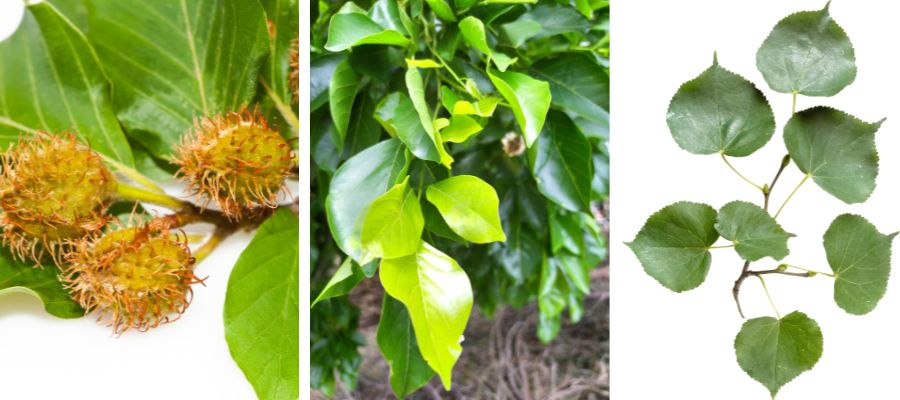
CILANTRO . Commonly known as CORIANDER
SCIENTIFIC NAME: Coriandrum sativum
FAMILY: Apiaceae
SHORT DESCRIPTION
Cilantro is a cool-season herb that bolts fast when the temperature rises. Cilantro refers to the plant's leaves, whereas coriander refers to the seeds. It is frequently consumed as a cuisine topping, as well as a spice and medication.
USES/BENEFITS/DISEASES
- Good source of dietary fibre.
- Aids in digestive functioning.
- Stimulating effect on the endocrine glands and aid in regulating insulin levels.
- Help to reduce heart-related issues in patients suffering from hypertension.
- Can reduce vitamin C deficiency-related diseases
- Effective remedy for diarrhoea.
- Relieves arthritic pain and swelling.
- Natural chelating agent. Effective in heavy metals poisoning like lead, mercury.
PRECAUTIONS/ SIDE EFFECTS
- Cilantro is harmless when used in moderation. An excessive quantity may induce allergies or hives after consumption.
- Medications that increase sensitivity to light and slow blood clotting have interactions with cilantro.
HOW TO USE
- It is better to add cilantro uncooked or at the end of the cooking process. This aids in the preservation of taste and texture.
- Cilantro herbal tea aids in relaxing menstrual cramps and hormonal mood swings.










